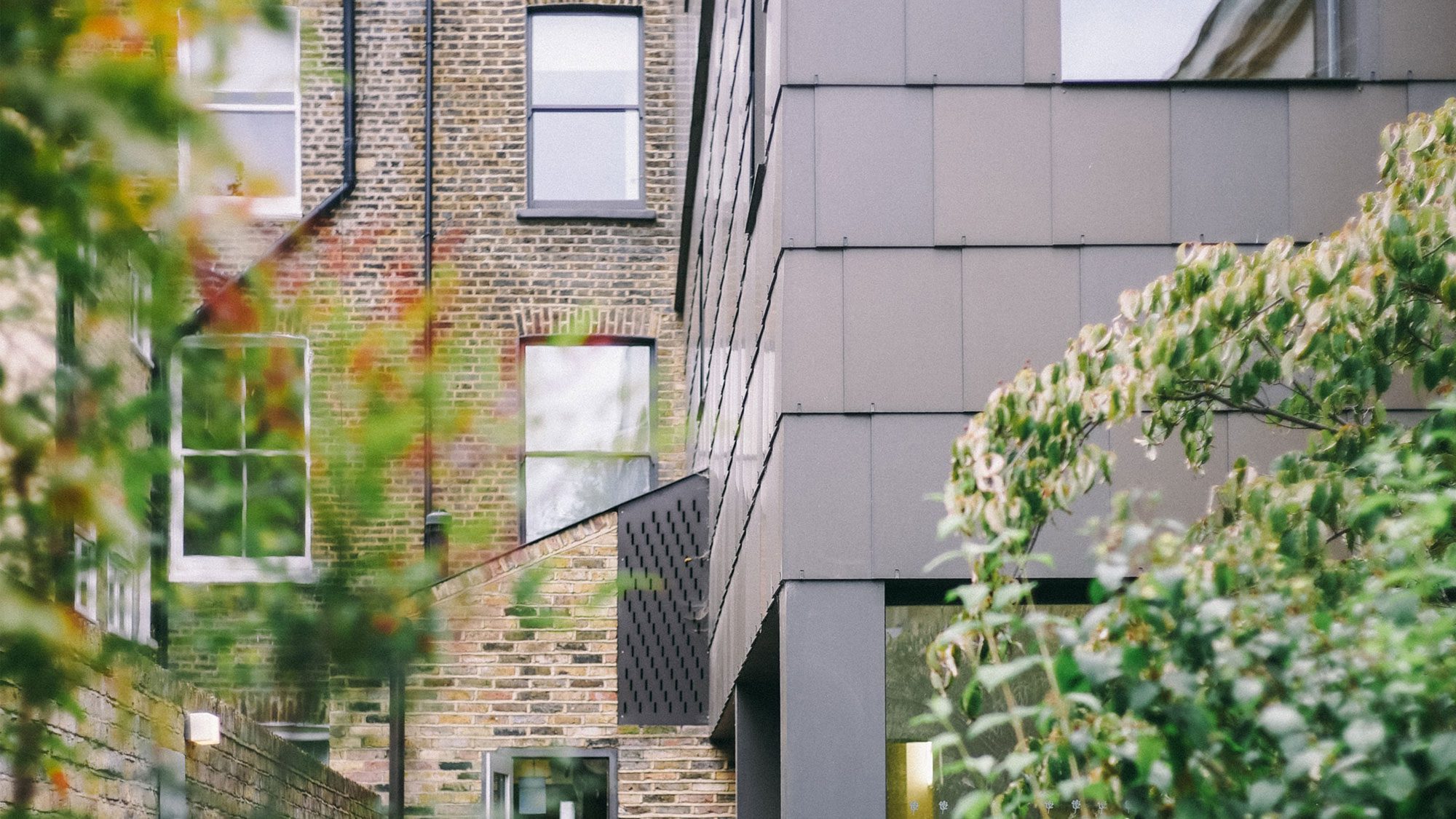Homeowners associations (HOAs) are a hot topic in real estate circles these days. Whether you are exploring investment properties or looking for a primary residence, at some point you will likely have to make a choice about buying in an area with an HOA.
In this article, we’ll walk you through some of the implications of HOA vs. no HOA, particularly how an association can affect property values.
What Is an HOA? Why Is It Important?
An HOA is a legal entity formed in some subdivisions and planned communities that makes and enforces rules regarding the properties and the people who live there. If you buy a property in an area with an HOA, you will automatically become a member, and you will pay dues to cover things such as upkeep for common areas. HOAs vary widely in their strictness and in the scope of things they control.
What Are the Advantages to Having an HOA?
One of the best things—if not the best thing—about belonging to an HOA is that its rules and restrictions can contribute greatly to the community’s curb appeal. HOA regulations often deal with things such as the following.
- Lawn maintenance and landscaping: An HOA may tell you what you can and cannot plant in your yard; it may also specify things you must have in your yard, such as a certain number of shrubs around your house. In some cases, as with some condominiums, landscaping services may be provided by the HOA, paid for by your dues.
- Vehicle regulation: An HOA may prevent residents from parking a certain number of cars at their house, particularly for long periods of time. They may have rules regarding the parking of boats and trailers. HOAs are likely to frown on cars up on blocks in front of a house.
- Maintenance: There will probably be regulations to prevent properties from falling into disrepair.
- Extra structures: An HOA is likely to have rules regarding structures outside of a primary residence. They may prevent you from building a carriage house apartment outside of the main house; they may also have rules regarding things such as mailboxes and satellite dishes.
- Exterior paint colors: An HOA may limit its members to a certain palette when choosing exterior paint colors for their homes. In the instance of condominiums, they may limit the choice of front door colors.
Regulations such as these give a neighborhood visual uniformity, and they generally help to keep it cleaned up. Oftentimes you can guess that a neighborhood has an HOA just by the looks of it. An appealing appearance and lack of clutter contribute to the overall quality of life of the residents.
What Is the Difference in Property Value Between HOA vs No HOA?
There is no hard and fast rule about HOAs improving property value. However, many of the things HOAs seek to regulate are things that we know affect property values. Even if an HOA doesn’t markedly improve the property value, it will probably at least keep it from declining simply by keeping the area cleaned up and the properties maintained.
Are There Any Disadvantages to Belonging to an HOA?
There is one way that an HOA can be a disadvantage, specifically to an investor interested in purchasing rental properties. Sometimes an HOA will try to limit the number of leases within its jurisdiction. This would definitely be something worth researching if you become interested in a particular area.
Some HOAs may be wary of renters, fearing they won’t be conscientious tenants. However, Stonewall Property Management has experience working as a team with our clients’ HOAs to ensure that their properties and tenants stay in compliance with the local governance.
Another thing about HOAs: They can impose special assessments. If an HOA needs funds for a major project, such as resurfacing a parking lot or replacing the roof of a condo building, it may need to charge residents an extra fee if it does not have enough money in reserve. Per the Community Associations Institute, it would be prudent to look into the budget of an HOA before you buy to see if they have money in reserve for major projects or emergencies.
Our Overall Recommendation
We believe that nine times out of ten, an HOA has a positive effect on property values.



